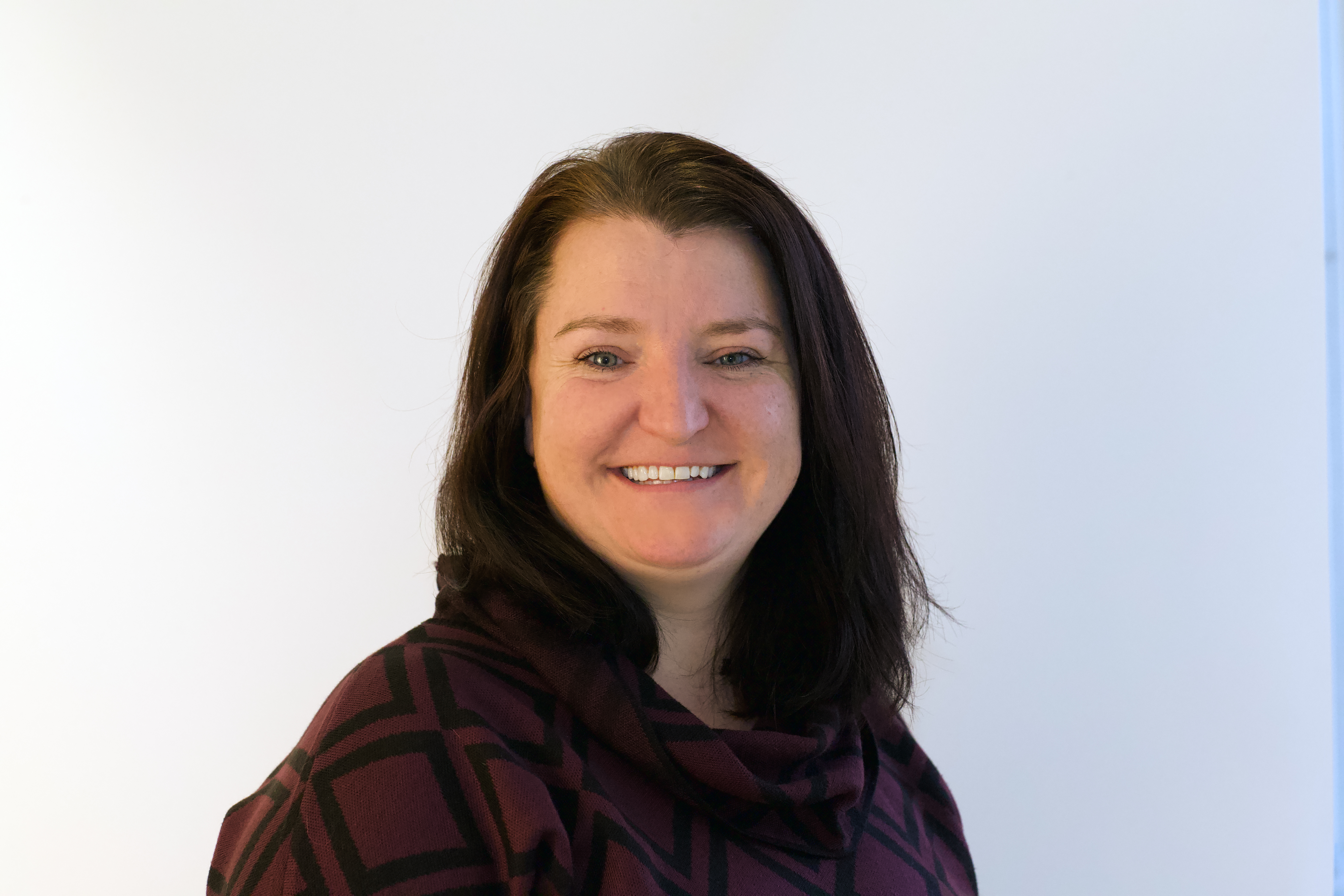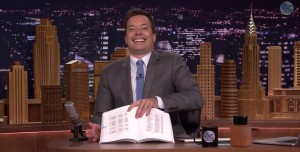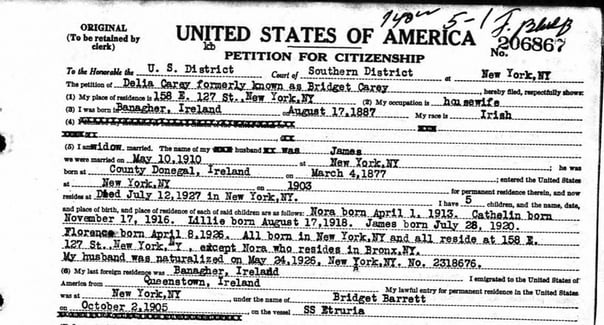Jimmy Fallon recently aired his recurring segment, the “Do Not Read List,” which pokes fun at books with unfortunate titles or unconventional subjects. To my surprise, one of the books featured on the spot was the popular genealogical resource, List of Persons Whose Names Have Been Changed in Massachusetts, 1780-1892. Fallon introduced the book with a sarcastic joke: “420 pages of names … changed names. That’s a page turner.” Then, he proceeded to mock those who changed their generic names to something comical.
While I can appreciate his joke, I have to respectfully disagree with Mr. Fallon’s suggestion to avoid a List of Persons Whose Names Have Been Changed in Massachusetts, 1780-1892. Don’t get me wrong, I am not offended by his sarcasm. Any medium that exposes the general public to genealogy is a boost for the field. Instead, the joke renewed my sympathy for those researchers (including myself) whose ancestor changed their names. To only be so lucky as to find your ancestor on one of those “boring” 420 pages!
Why then, did our ancestors change their names? Contrary to popular belief, surnames were not changed at Ellis Island, Castle Garden, Angel Island, or any other immigration station, as often depicted in pop culture (i.e., The Godfather: Part II). Frequently, it was the immigrants themselves who decided a change of name was necessary, and who did so after coming to the United States. They may have changed their names in an effort to assimilate to their new environment, or out of fear of discrimination, or because the surname was difficult to pronounce or spell. For whatever reason, a name change often hinders the progress of even the most seasoned researcher.
To locate a record of a name change that occurred in the nineteenth and twentieth centuries, you may want to begin searching for your ancestor in newspaper databases (and on microfilm). While the laws varied from state to state, some courts required an announcement of identity change to be printed in a local newspaper. You could search several different websites that have large collections of digitized newspapers, such as the subscription sites 19th Century U.S. Newspapers (available to NEHGS members here: http://www.americanancestors.org/external-databases/), GenealogyBank, Newspaperarchive.com, or Newspapers.com, or free sites like the Google News Archive and the Library of Congress’ Chronicling America Collection. These modern name changes may also be filed in a regular court with divorce jurisdiction. Again, these collections will vary from state to state.
Additionally, naturalization records after 1906 may also provide evidence of a name change. For example, my great-great-grandmother Delia Carey filed her petition for citizenship in 1932. The record indicates that she emigrated from Queenstown, Ireland, aboard the S.S. Etruria on 2 October 1905 under the name Bridget Barrett. Happily, because the record provided this previously unknown name, I was then able to locate her baptism in Ireland and her passenger record in New York City, a feat that would have been impossible had I not located evidence of her name change.
Share this:

About Lindsay Fulton
Lindsay Fulton is a nationally recognized professional genealogist and lecturer who joined American Ancestors in 2012. She leads the Research and Library Services team as Chief Research Officer, as well as the research team working on 10 Million Names. In addition to helping constituents with their research, Lindsay has authored a Portable Genealogists on the topics of Applying to Lineage Societies and the United States Federal Census (1790-1950), and is a frequent contributor to the American Ancestors blog, Vita-Brevis. She was featured in the Emmy-Winning Program: Finding your Roots: The Seedlings, a web series inspired by the PBS series “Finding Your Roots with Henry Louis Gates, Jr.", as well as another popular PBS series, “Samantha Brown’s Places to Love.” Before, American Ancestors, Lindsay worked at the National Archives and Records Administration in Waltham, Massachusetts, where she designed and implemented an original curriculum program exploring the Chinese Exclusion Era for elementary school students. She holds a B.A. from Merrimack College and M.A. from the University of Massachusetts-Boston. Area of Expertise: State and Federal Censuses, New England, Ireland, and New York research, with a focus on research methodology and organization. Lindsay also oversees the research team working on the 10 Million Names project.View all posts by Lindsay Fulton →

